The physical character of expanded perlite lends itself to a variety of special purposes –including use in insulating cryogenic and low temperature storage tanks, in shipping containers, cold boxes, test chambers, and in food processing. For a detailed explanation of perlite expansion, see info sheet: “Why Perlite Works” in the information library at www.perlite.org
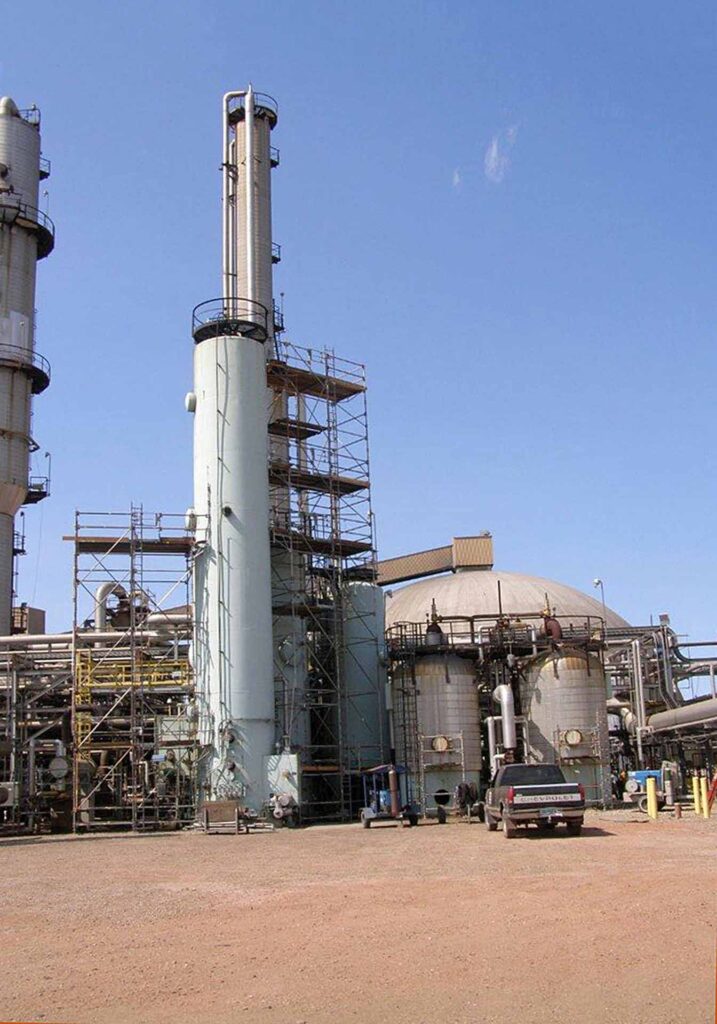
Storage temperatures of -150F (-l00C) and below are considered cryogenic. Storage temperatures of -150F (-100C) and above to +40F (+4C) are considered low temperature. Super cold or extremely cold cryogenic fluids such as hydrogen and helium are normally stored in spherical, double-walled vessels with perlite-filled annular spaces.
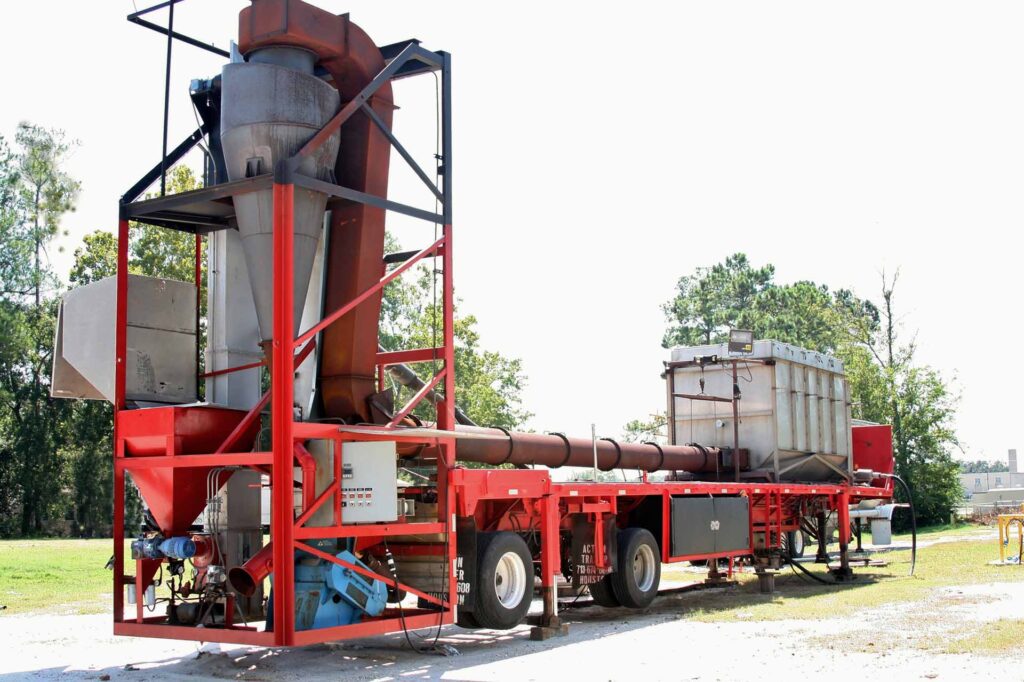
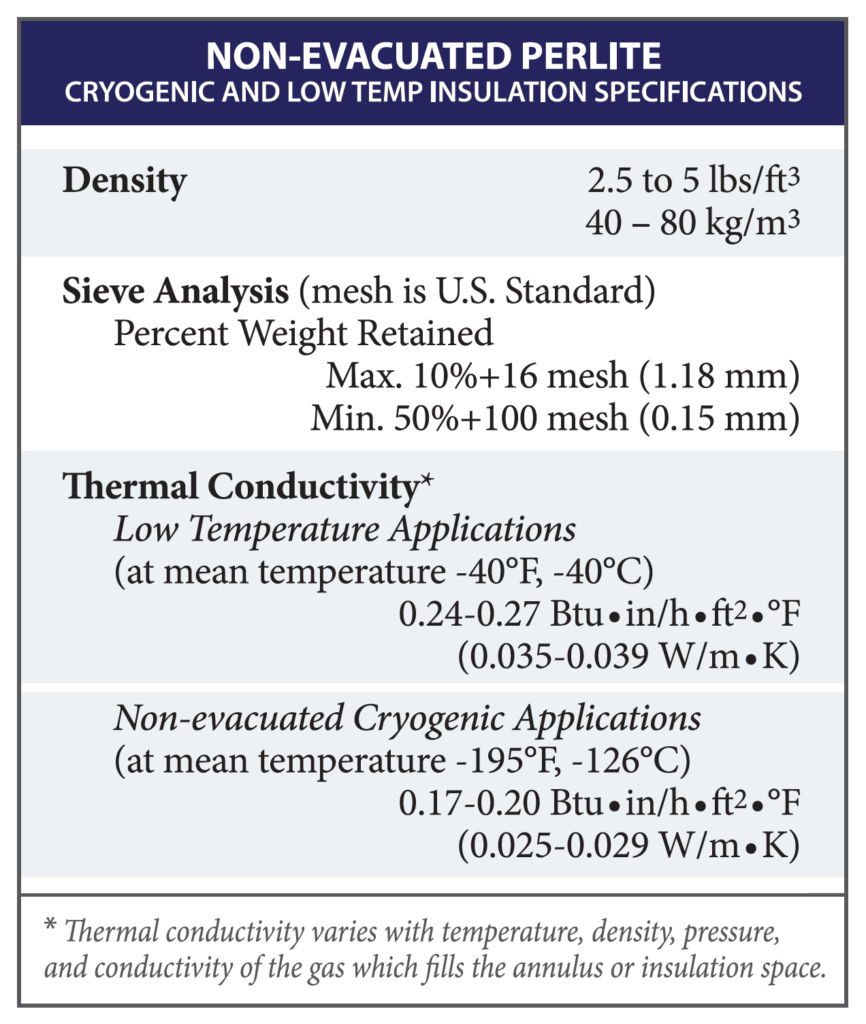
Properties of Perlite Insulation
Perlite insulation suitable for non-evacuated cryogenic or low temperature use exhibits low thermal conductivity throughout a range of densities, however, the normal recommended density range is 2.5 to 5lb/ft3 (40 to 80kg/m3). In addition to its excellent thermal properties, perlite insulation is relatively low cost, easy to install, noncombustible, meets fire regulations, lowers insurance rates, and does not shrink, swell, warp or slump. Because it is an inorganic material, perlite is rot and vermin proof.
Typical Non-Evacuated Installation
There are many different design concepts for low temperature and cryogenic storage vessels. Most are of double-walled construction with the annular space filled with expanded perlite. Packaged or bulk perlite may be used to insulate smaller vessels by pouring or blowing the insulation in place. Portable perlite expansion plants are usually used to insulate larger storage tanks, cold boxes, ships and other doublewalled vessels and pipes. In these applications, perlite ore is expanded on-site and the perlite insulation is conveyed pneumatically into the void space.
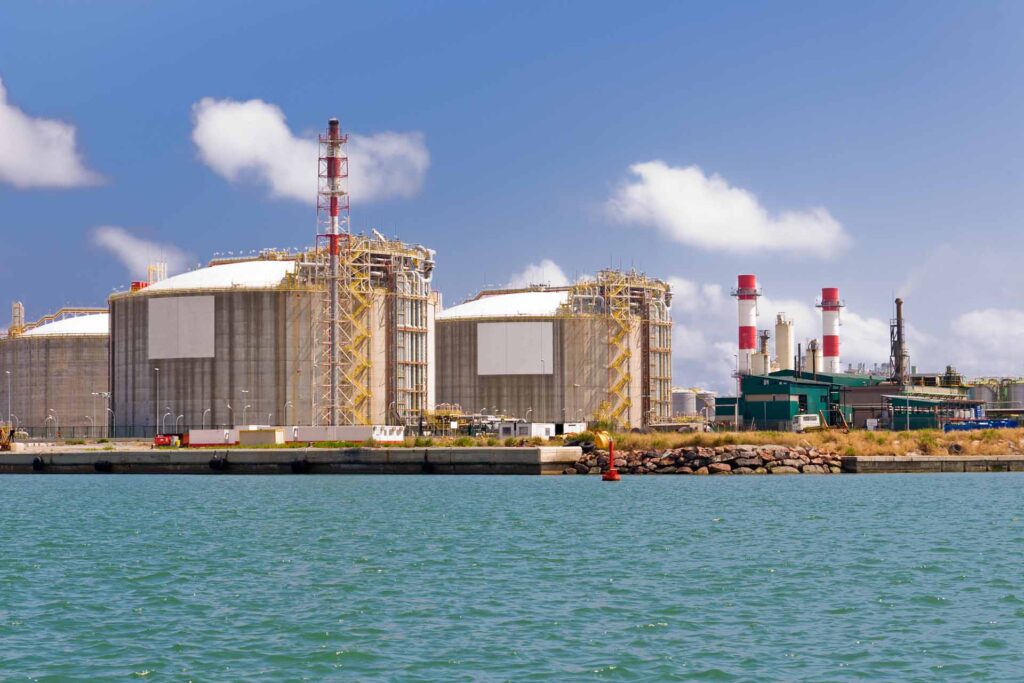
LNG storage tanks insulated with perlite. 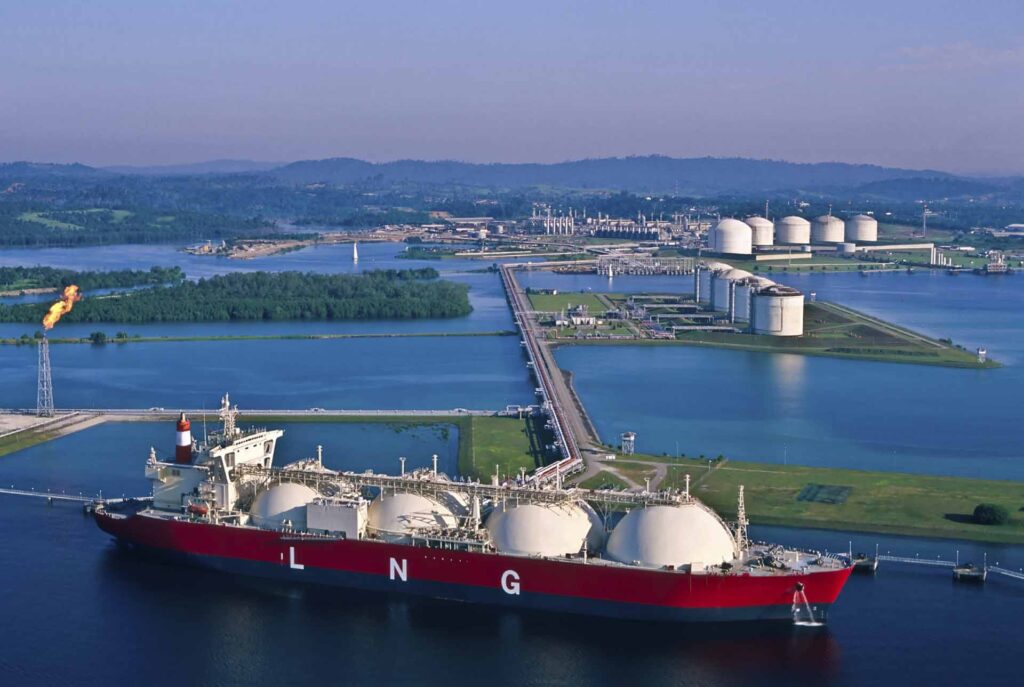
LNG tanker insulated with perlite.
To download a .pdf of the Perlite for Non-Evacuated Cryogenic and Low Temperature Service brochure, click here.
If you have technical questions on this topic, please email the technical contacts listed on our contact page.
Copyright© 2013 Perlite Institute All Rights Reserved
